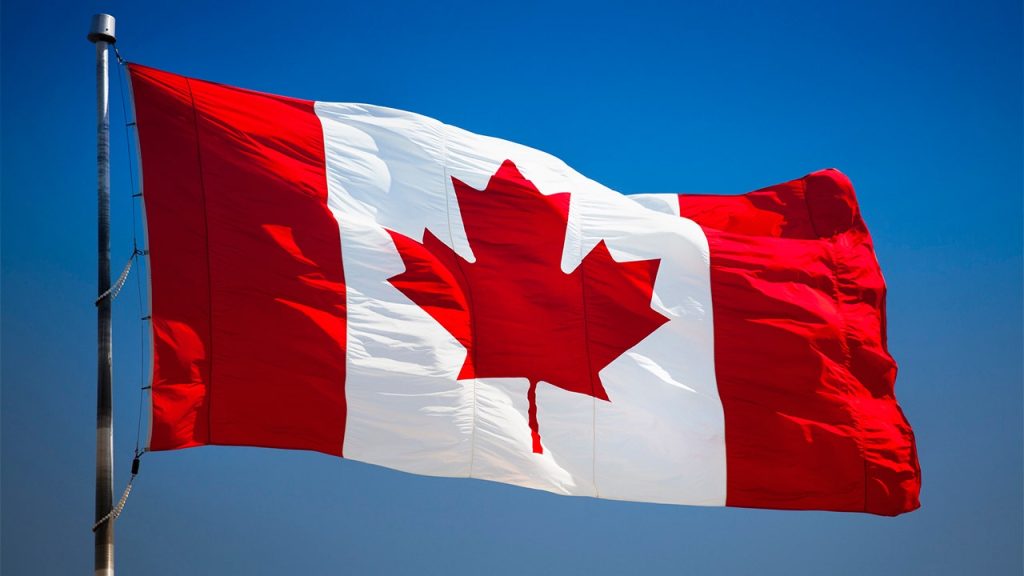Canadian police have announced three arrests in the murder of Sikh separatist leader Hardeep Singh Nijjar in suburban Vancouver last June, a case which sparked a diplomatic dispute with India. The suspects, who have been charged in connection with the killing, were arrested by the Royal Canadian Mounted Police. However, police have not disclosed any information regarding the evidence or motive in the case, stating that the investigation is ongoing. Canadian Prime Minister Justin Trudeau had previously stated that there were “credible allegations” of Indian involvement in Nijjar’s murder, leading to a strong denial from India.
In response to the killing of Nijjar, India has protested against separatist slogans at a Canadian event. The incident occurred a year after Nijjar’s assassination, when Indian officials objected to the presence of separatist slogans at a gathering in Canada. This further fueled tensions between the two countries, with Canada’s Prime Minister accusing India of potential involvement in Nijjar’s murder, a claim that was vehemently denied by Indian authorities. The ongoing disagreements highlight the complexities of international relations and the delicate balance of diplomacy between nations.
The murder of Hardeep Singh Nijjar by masked gunmen in Surrey, British Columbia has raised concerns about escalating violence among Sikh separatist groups in Canada. Nijjar, a prominent figure within the Sikh community, was targeted in a targeted attack that has yet to be fully explained by authorities. The arrests made by Canadian police indicate progress in the investigation, but the motives behind Nijjar’s killing remain unclear. The incident has also renewed discussions about the presence of separatist ideologies within the Sikh diaspora and the potential impact on relations with India.
The involvement of Sikh separatist groups in Canada has been a longstanding issue, with Indian authorities expressing concerns about the spread of extremist ideologies among the diaspora. The murder of Hardeep Singh Nijjar, a vocal advocate for Sikh independence, has highlighted the challenges faced by law enforcement in addressing radical elements within the community. The arrests made by Canadian police suggest that steps are being taken to address the violence associated with separatist movements, but questions remain about the broader implications for international relations. The tensions between Canada and India underscore the importance of cooperation in addressing complex geopolitical issues.
The diplomatic fallout between Canada and India following the murder of Hardeep Singh Nijjar reflects the complexities of managing international relations in an increasingly interconnected world. The exchange of accusations and denials between the two countries underscores the challenges of navigating sensitive political issues that impact both nations. The ongoing investigation into Nijjar’s killing will likely shed more light on the motivations behind the attack and the potential involvement of external actors. Moving forward, constructive dialogue and cooperation will be essential in resolving disputes and maintaining diplomatic relations between Canada and India.
The arrest of three suspects in the murder of Hardeep Singh Nijjar marks a significant development in the case that has strained relations between Canada and India. The resolution of the investigation will be closely watched by both countries, as it has broader implications for cooperation on security issues and the management of separatist movements. The ongoing tensions between Canada and India underscore the need for open communication and cooperation in addressing complex geopolitical challenges. As the investigation progresses, more details are expected to emerge regarding the circumstances surrounding Nijjar’s killing and the potential links to broader separatist movements in the region.













